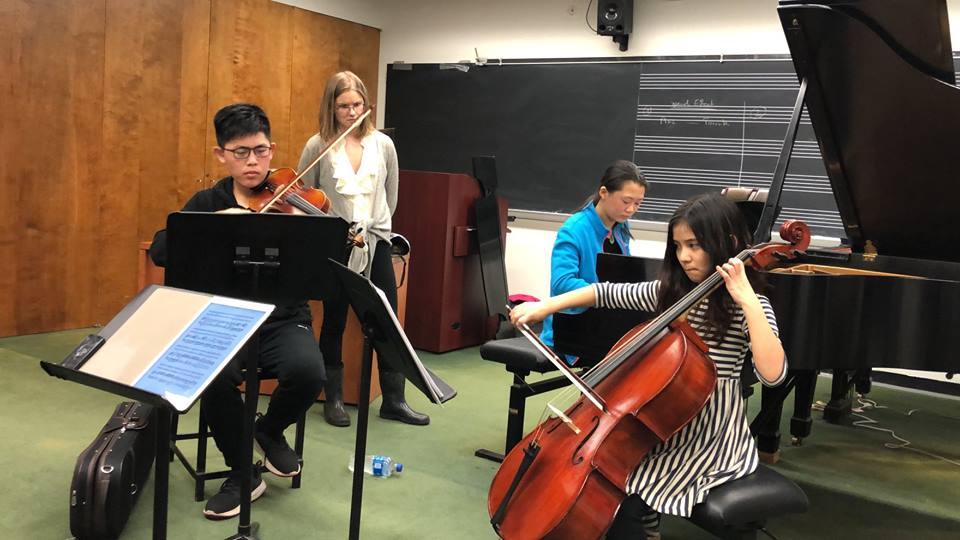

And generations of students gratefully shared with her, continuing on to rewarding and important careers. Whether she was teaching courses like the History of the Book, Bibliography of the Humanities or Reference whether she was overseeing a lecture class of 80 students, or a graduate seminar of six whether she was tutoring or teaching at Syracuse University programs in Germany or Puerto Rico, or on campus, Lemke held to the notion that teaching is sharing information, not imposing it. In the years from 1952 to 1986, over 15,000 students had the opportunity to learn from Lemke. When she volunteered to cover classes for a fellow librarian, her teaching career was born and thrived until her retirement from Syracuse in 1986.

She earned a master of library science degree from the iSchool (then the School of Library Science) at Syracuse University in 1954.

While visiting Syracuse in 1952, she was hired as Syracuse University’s art and music librarian. Lemke moved to the United States in the late 1940s. In post-war West Germany, in coordination with the American League of Women Voters, Lemke founded the journal “Informationen fur die Frau.” It is impossible to know how many thousands of women benefited from this journal’s missions of achieving equal status of women in society safeguarding democracy international understanding and international solidarity. She escaped by being crated into a wooden box, marked for delivery as a telescope to West Berlin. Lemke was officially named a Righteous Gentile in 1998 by the Temple Society of Concord, and honored as one who risked her life to save Jewish lives during the Hitler years.Īt the end of World War II, Lemke found herself in East Germany, under Russian control, and was forced into work at the Zeiss Optical Factory. She also served as a courier in the German Resistance and delivered papers and documents that enabled the freedom and safety of many people, jeopardizing her own safety and life in the process. In her early twenties, Lemke used the library to help hide those fleeing Nazi persecution. She graduated with a degree in Library Science from the University of Leipzig. She went to school and trained to become a librarian, as the profession was one of the few at the time not to require party membership. Lemke originally had dreams of becoming a doctor, but abandoned them as admission to medical school in Germany in the 1930s required membership in the Nazi party. Her father was one of the most influential theologians of the 20th century. Born in Breslau, Germany, in 1918, Lemke was the daughter of Helene and Rudolf Bultmann.


 0 kommentar(er)
0 kommentar(er)
